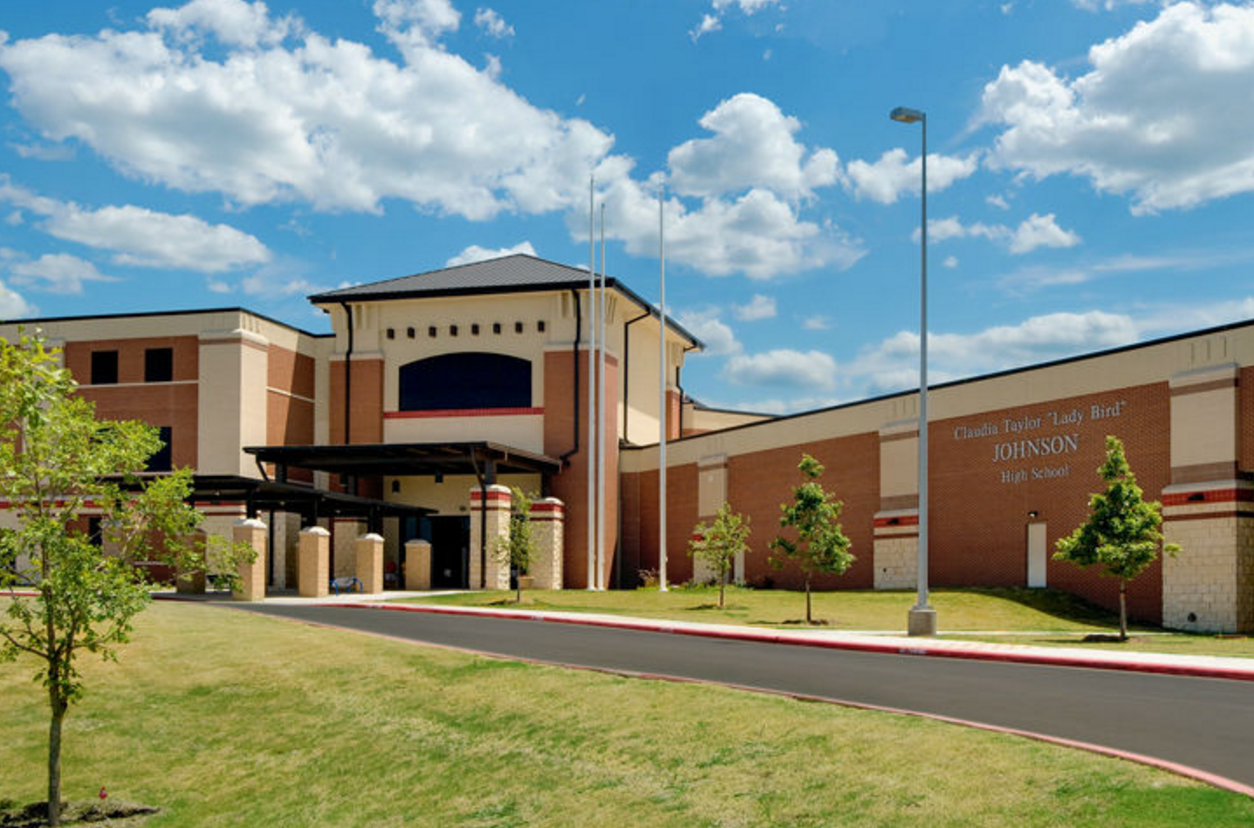by Madelyn Carter | Staff Writer
The cheer of the crowd, the referee’s whistle, the shouts of coaches – all leap to mind when one thinks of football as an auditory experience. A game without “Boolah, boolah” and the rumble of the band between plays is unimaginable. The fans scream and sigh at penalty calls and roar from the student section when a touchdown pass is thrown.
Yet when junior student athlete Will Galloway takes the field, some of that cacophony is muted as he has a more difficult time hearing high-pitched frequencies. Galloway has been hearing impaired for about nine years. For eight of these, he has played football.
“I found out in about second grade. I don’t know how it happened; it just did,” Galloway said. “I use hearing aids, but I don’t use [them] when I play.”
Will plays cornerback for the varsity team as well as maintains a vigorous course load including Advanced Placement classes. He is aided by his teammates in maneuvering during the game.
“They help a lot; they’re part of the reason I still play,” Galloway said. “I have problems communicating with calls sometimes, so I have to use signals. We use a lot of hand signals. I have to use my eyes a lot.”
Curiously enough, Will Galloway is not the only player in the Johnson football program with a hearing impairment. Sophomore Ryan Hopkins is legally deaf, experiencing the excitement and struggle of the game in tranquil quiet.
“I’ve had a hearing implant for 9 1/2 years, but I don’t use it on the field, so I don’t hear a thing,” Hopkins said.
He plays starting outside linebacker for the JV-A team.
“Playing football was a challenge at the beginning, but my teammates help me with locations and stuff, to know exactly where my location should be,” he added.
“We all interact with Ryan,” fellow teammate Xavier McElhannon said. “We have to tell him when we do pushups, cause he can’t hear how many we’re doing, and when he gets called on the field, someone has to tap him and tell him.”
Hopkins learns hand signals in the place of regular play calls.
“I know the plays going on by looking at the coaches signals,” Hopkins said.”Coach Huggins helps me a lot to get better with understanding all the defensive plays and moves.”
Play calls are often assigned trick names, and some plays even switch after the huddle, presenting new challenges for a player like Hopkins.
“He learns to do symbols with Coach Huggins: like, he’ll flex a bicep at him, and Ryan will know what to do,” McElhannon said.
Coach Huggins has been the assistant football coach for Johnson since it opened its doors in 2008.
“The biggest deal is making sure he can see me,” Huggins said. “If I’m right in front of him, he can understand. I don’t use proper sign language, but I try to make my signals make some sort of sense.”
Both Galloway and Hopkins excel at football, to an extent that the challenges they could face everyday at practice are hardly visible in the heat of the game. However, to these young student athletes, it is a welcome test of their mettle.
“My motivation is knowing that I’m different, and that I have something to prove everyday,” Galloway said. “And even though I have a disability, it won’t stop me from doing what I want to do.”


 CTJ Faculty Directory
CTJ Faculty Directory